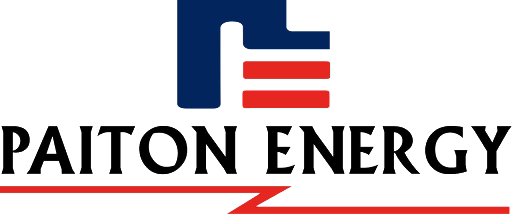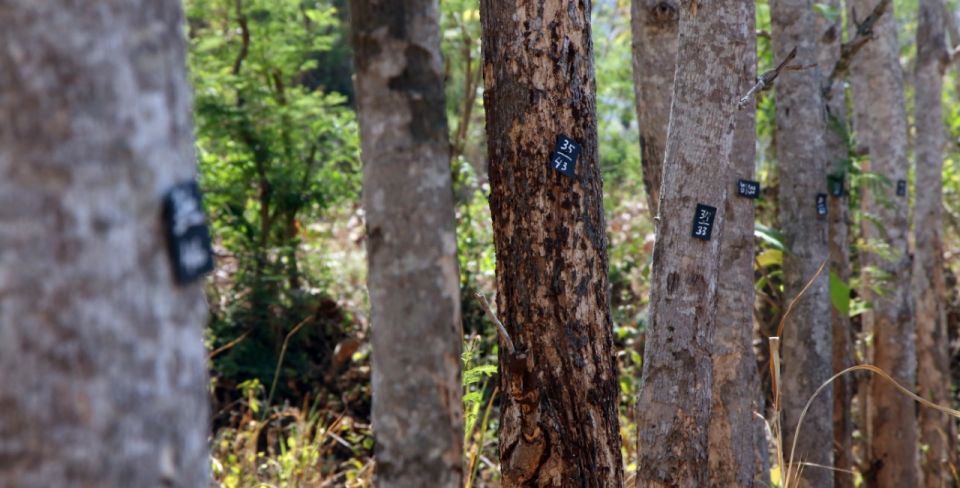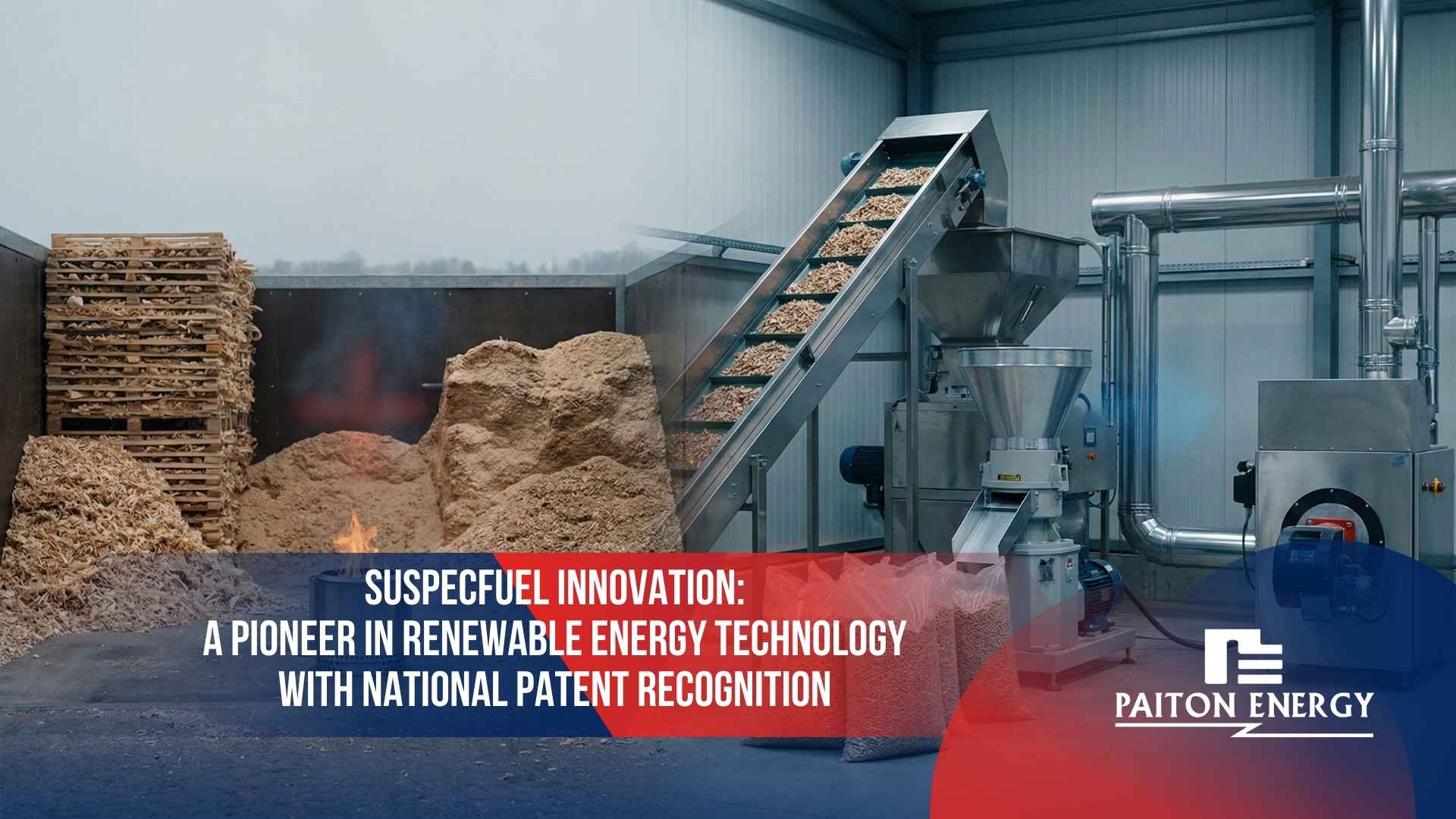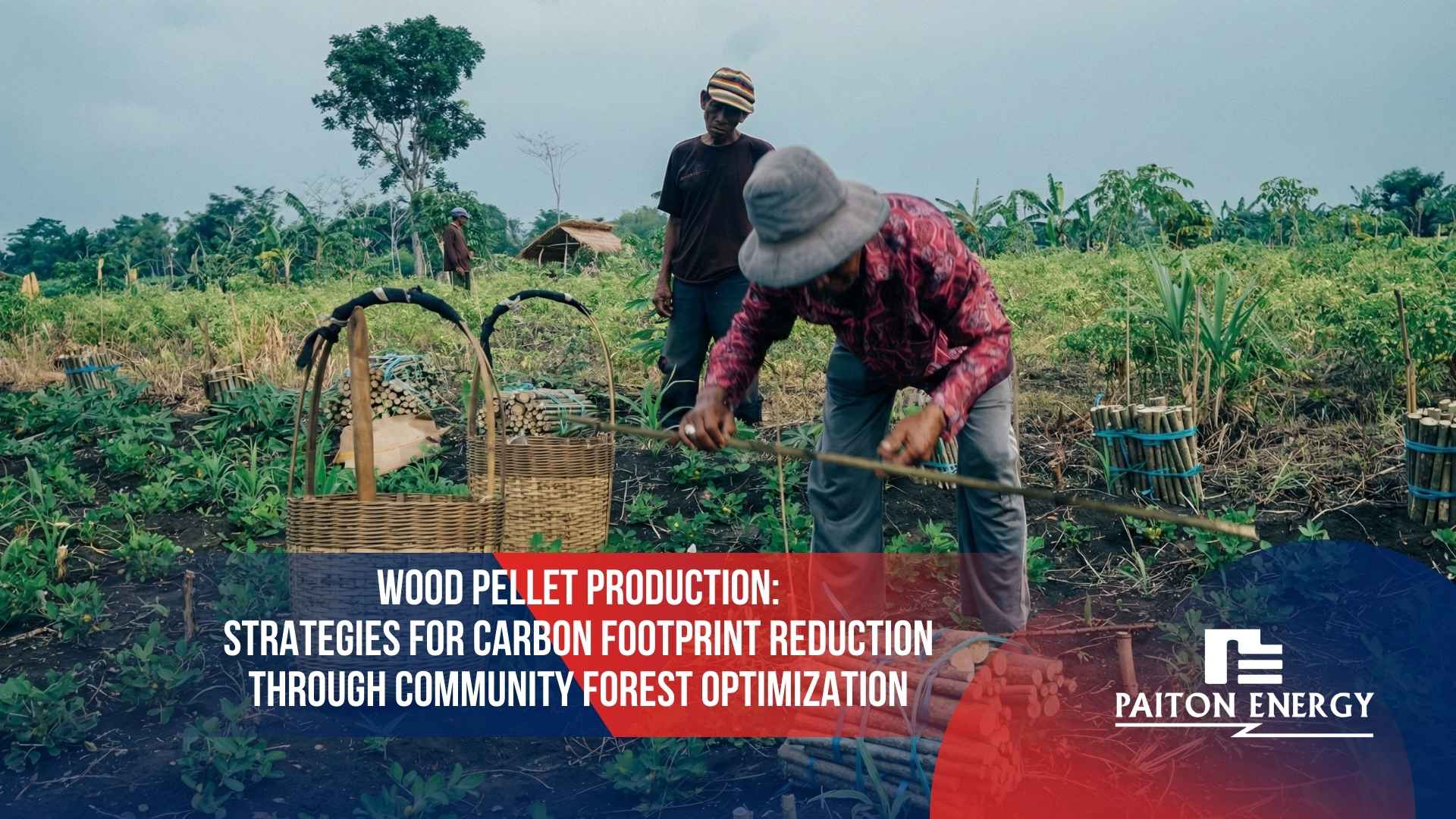Jakarta, 29 November 2021 – Community forests have enormous benefits for mitigating climate change and empowering the people’s economy. This is evident in the community forest program in Selobanteng Village, Sidoarjo Regency, East Java.
Initially, the people of Selobanteng Village, which is located to the east of the Paiton PLTU complex, had problems with limited water sources with minimum water flow leading to long droughts, as well as poor soil conditions, causing the forest’s function to retain water not optimally.
Seeing these conditions, PT Paiton Energy (the “Company” or “Paiton Energy”) and PT Paiton Operation & Maintenance Indonesia (POMI) carried out CSR activities in the form of the Community Forest Conservation Village program in 2009, with the purpose of improving the ecosystem of the Selobanteng Community Forest as well as to grow a sustainable economy.
In terms of climate change mitigation, the Selobanteng Community Forest program which was started in 2009 has reduced carbon emissions (decarbonization), through carbon sequestration and storage.
In 2020, it is estimated that the carbon captured or absorbed by the Selobanteng Community Forest is 3,853 tonsC/Ha. The total value of carbon sequestration from the Teak and Gmelina tree planting program is quite large. If we refer to the carbon modeling, it can be assumed that the age of 7-15 years, the Teak and Gmelina tree species are in the fastest position in their growth. The program also increases water catchment areas and prevents erosion.
From an economic perspective, the Selobanteng Community Forest program involves 599 beneficiary farmers, who are also one of the economic sources for the residents of Selobanteng, who are known for producing quality furniture.
Apart from using wood for furniture, Selobanteng residents can also get additional working capital from the Delayed Cutting Credit (KTT) program. In 2017 the community received a KTT worth IDR 1,127,960,000 which was given according to the amount of disbursement of the trees that were pledged as collateral. The existence of the KTT and the availability of wood raw materials for furniture have increased people’s income by an average of 20% per month. In 2019 KTT Phase 2 was obtained by residents of Selobanteng for Rp. 1,300,000,000 with a total of 5,300 trees as collateral.
KTT is a loan scheme for the Public Service Agency for the Forest Development Financing Center (BLU P3H) of the Ministry of Environment and Forestry (KLHK) for anyone by applying for trees as collateral. Launched in 2012, this loan is intended to help communities expand their businesses by applying for tree guarantees. The government’s objective in providing this KTT program is to support efforts to delay tree felling in order to achieve optimal harvesting age, so that optimal economic and ecological values are obtained. It is estimated that the 4,926 total trees pledged in 2017 could contribute to absorbing 371,000 tonsC/Ha of carbon.
Chief Financial Officer of PT Paiton Energy, Bayu Widyanto said the potential of community forests is very large, both from the potential of wood to improve welfare as well as its role and contribution to reducing the impact of climate change. “Forests are the main component for sequestering carbon emissions that cause climate change,” he said.
According to Bayu Widyanto, the community forest program was chosen because it already has a clear area, the owner is clear, the types planted are also the types they usually plant daily such as Teak, Gmelina and Sengon, area boundaries and security are guaranteed because the villagers and village officials guarantee it. All of this increases the potential for forest sustainability, as well as community welfare.
Since 2009, the Company has planted more than 150,000 Teak and Gmelina trees. With a survival rate of 105,077 trees will continuously produce oxygen.
The program collaborates with various parties. Among other things, annual monitoring and evaluation in collaboration with FMIPA, University of Malang and farmer groups in Selobanteng Village. Meanwhile, monitoring and evaluation is carried out every five years in collaboration with the Indonesian Institute of Sciences (LIPI) and the Purwodadi Botanical Garden BKT.
CFS Manager of PT Paiton Energy – POMI Bambang Jiwantoro said several methods were used during monitoring and evaluation, namely the vegetation analysis method, the NDVI (vegetation index) analysis method based on satellite imagery and the RaCSA (The Rapid Carbon Stock Appraisal) method.
“To maintain forest regeneration, every year in the period from November to December, the Company always routinely replants trees with the people of Selobanteng. This is in accordance with the spirit of World Tree Day which is celebrated every November 21,” said Bambang.
So far, the SeloBanteng Community Forest program has received various awards. Among other things, in 2013 Selobanteng Village won 3rd place at the district level FOREST CARE VILLAGE. In 2016 this village also won the “INDONESIAN GREEN AWARD” for the category of developing biodiversity.
Paiton Energy has implemented a CSR program since 2000 which is designed annually and monitored by the Community Development Committee. Programs are categorized into three focuses, namely supporting the sustainability of companies (power plant), socio-economic sustainability, and energy and environmental sustainability.
for more details, please click the media links below :




